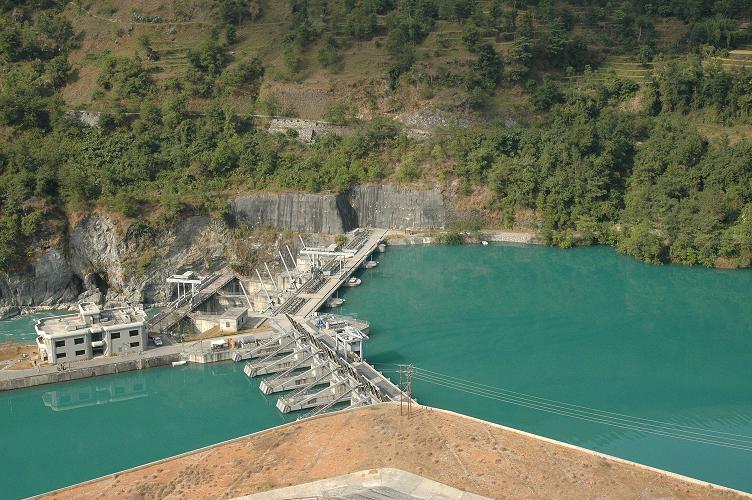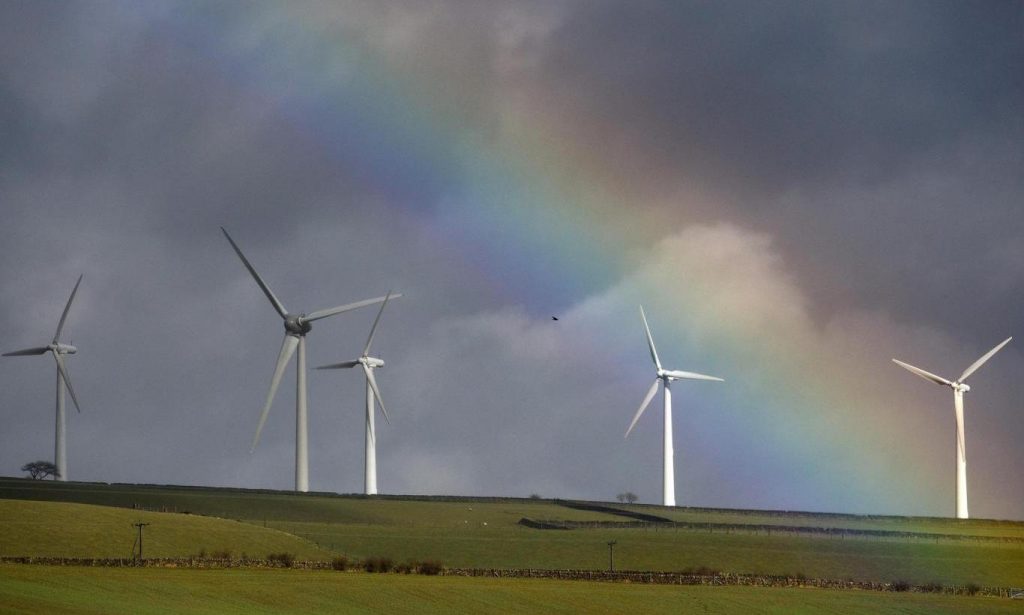Payment dispute delays handover of energy plant
- Nature Khabar

Though the waste-to-energy plant at Teku successfully conducted test generation two months ago, it has yet to be handed over to Kathmandu Metropolitan City due to payment dispute.
Kundan Kumar Singh, coordinator of the contractor company, has accused KMC of not paying the remaining Rs 7,280,000 as per the agreement. Singh said his company had written to the KMC office to clear the payment two months ago.
“All payments should be cleared within 30 days after completion of the project, but the KMC office has not cleared the remaining 40 per cent amount,” Singh told The Himalayan Times, adding, “KMC is delaying payment on one or the other pretext. Now I have no option other than to submit a letter to the European Union demanding payment of the remaining amount.”
A year ago, Raj and Riwaj Nepalese Waste Xeon Company had been selected to install waste-to-energy plant in Teku. The company imported equipment, installed them and completed test generation process in October 2016.
However, KMC denied that there was any dispute over payment and said the remaining amount would be paid to the contractor within a few days.
“We have made 60 per cent payment and the remaining payment will be cleared within a few days,” said Rabin Man Shrestha, chief of Environment Management Division at KMC.
After years of continuous efforts, the Kathmandu Metropolitan City had succeeded in generating electricity from waste for the first time in Nepal on October 23 last year.
Shrestha had conceived the idea of producing electricity from waste generated in Kathmandu.
The idea took shape after KMC and EU jointly launched Promoting Integrated Sustainable Solid Waste Management Project last year. KMC’s initiative is part of a one-year pilot project supported by the European Union.
KMC hopes the waste-to-energy plant will make waste management in Kathmandu Valley easier.
It said the project was just a preliminary effort to produce electricity from waste. Besides generating power, KMC also plans to produce 96 kg gas, 300 kg bio-organic fertiliser, and 13,500 litres of purified water daily from the garbage collected at the Teku transfer station.
A total of 450 tonnes of garbage is produced in Kathmandu Valley every day. Nearly 63 per cent of the garbge is organic waste.
According to a study of Alternative Energy Promotion Centre, Kathmandu Metropolitan City, Lalitpur Sub-Metropolitan City, Bhaktapur Municipality, Madhyapur Thimi Municipality, Kirtipur Municipality and Kalimati fruits and vegetables market alone produce 331 tonnes urban waste every day.
KMC had been facing a tough time managing household waste due to lack of resources and technology.
The Himalayan Times.





Feedback